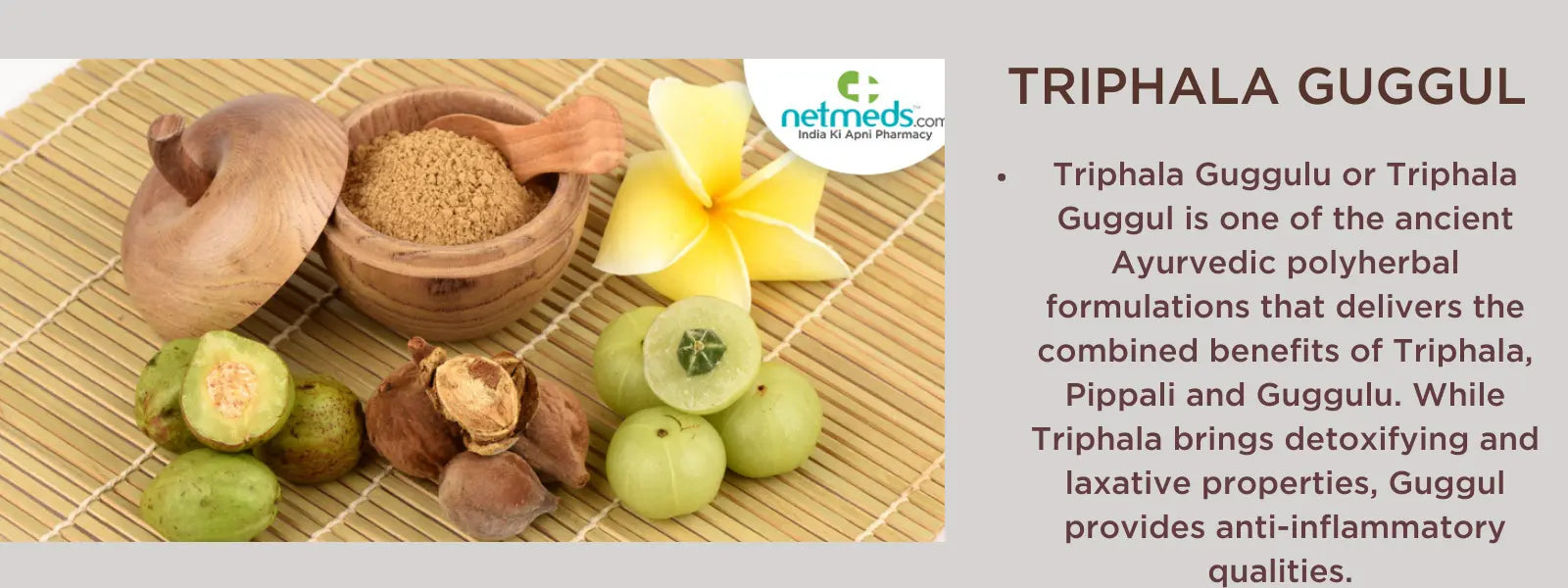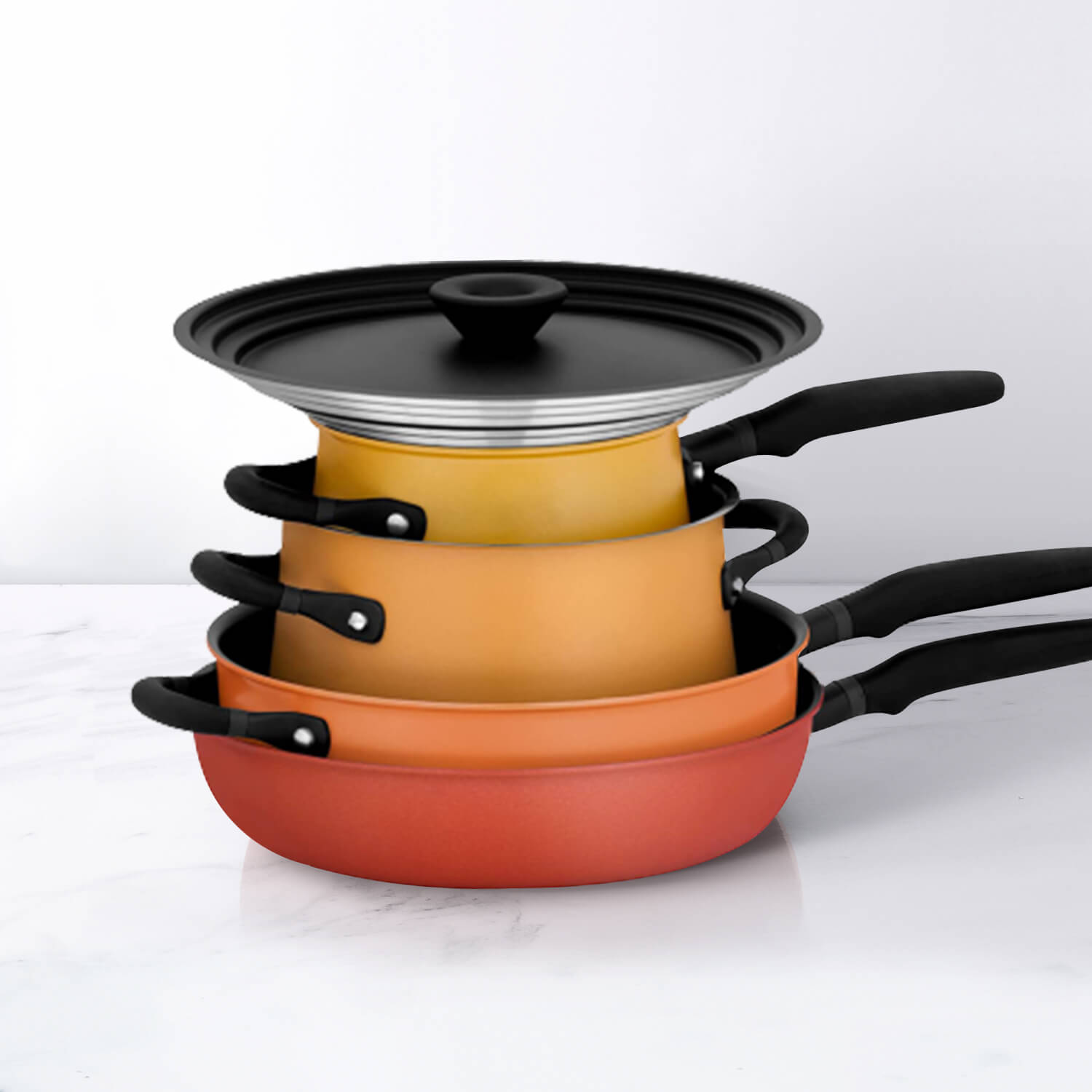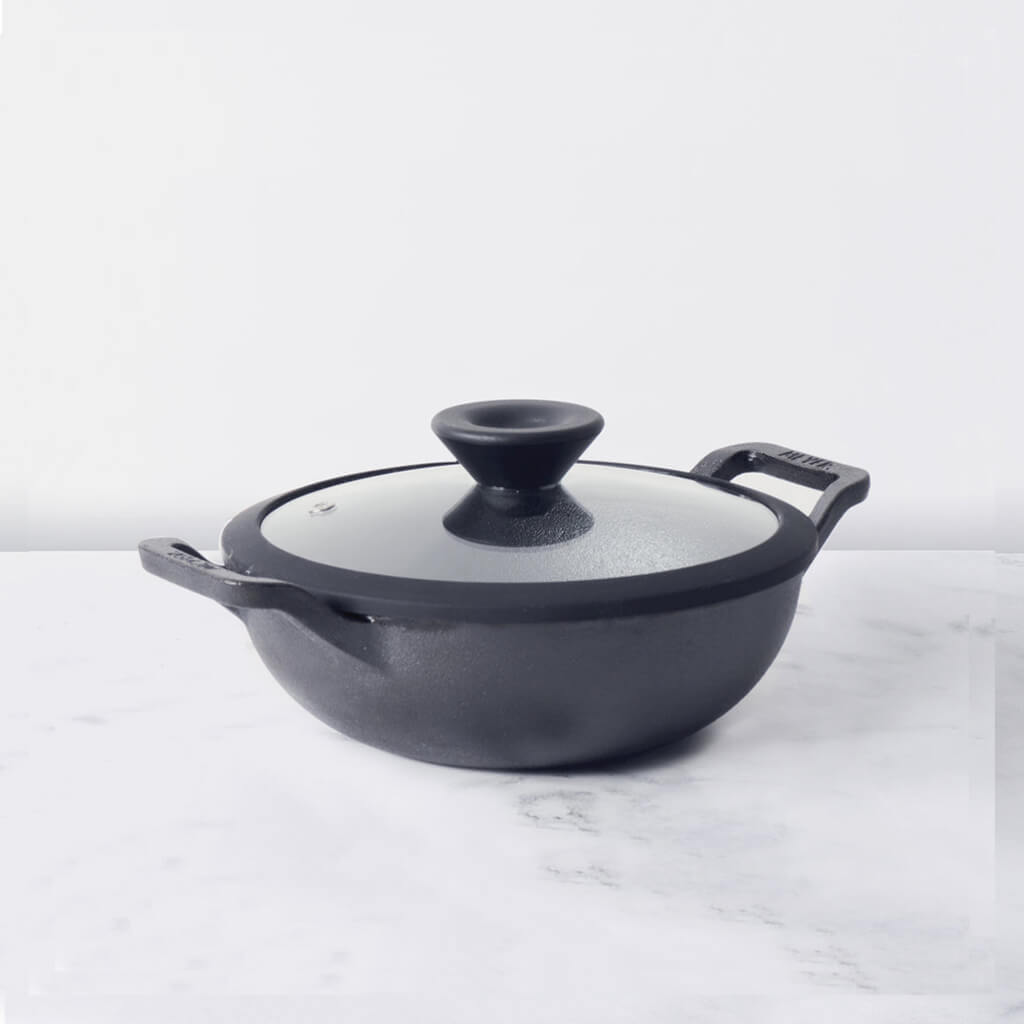Chickweed is an annual plant that is native to Europe and is primarily regarded as a weed. However, chickweed is a strong and well-established folk treatment that is thought to provide substantial health advantages by herbalists and practitioners of alternative medicine.
Table of Contents
For centuries, oral decoctions, extracts, and teas have been made from chickweed's flowers, leaves, and stems. Today, topical ointments containing chickweed are more frequently used to treat a range of skin disorders. Chickweed is used by people to treat a variety of ailments, including constipation, stomach and intestinal issues, blood disorders, asthma and other lung conditions, obesity, scurvy, psoriasis, rabies, itching, and muscular and joint discomfort. Boils, abscesses, and ulcers are just a few of the skin issues for which chickweed is occasionally administered straight to the skin.
Chickweed is consumed in food as cooked greens or in salads.
About chickweed:
Chickweed, commonly known as starweed, satin flower, or mouse-ear, is a widespread weed in the carnation family. Its scientific name is Stellaria medium (Linn.) Villars.
It has a hairy stem, grows close to the ground, and has tiny, star-shaped white flowers. It can be found predominantly in North America and Europe.
Chickweed has been used for generations as a variety of foods and traditional medicines.
Folklore and history of chickweed:
Chickweed has a rich, mystical past that is rife with myth and legend. Chickweed was employed in European mythology and magic to encourage loyalty, draw in love, and uphold partnerships. It was thought that carrying a sprig of chickweed would attract one's intended beau or ensure one's partner's loyalty.
The 17th-century herbalist Culpeper claimed that because chickweed is a moon plant, it is associated with feminine energy, love, and reproduction. It was a typical ingredient in love potions because of its reputed capacity to draw the ideal spouse.
Culpeper advised using chickweed as a medication to cleanse and treat wounds. He recommended it as a cooling diuretic and a treatment for "inward bruises" when taken internally.
Health benefits of chickweed:
- Coughs/Colds/Flu
Saponins, plant components found in chickweed, help soothe inflamed mucous membranes and make it easier for secretions to separate from the membranes. It helps to remove mucus and reduce lung congestion by acting as an expectorant and demulcent.
In addition to being rich in several nutrients, such as vitamin C and antioxidants, chickweed also aids in removing the infection's root cause while reducing inflammation in the nose, sinuses, and respiratory system.
- Healthy Loss of Weight
The saponins in chickweed, a natural appetite suppressant, have been discovered to emulsify fat cells and flush them from the body. This adaptable herb also promotes thyroid health, which is crucial for the efficient operation of the body's metabolism. It has natural lecithin, which helps with fat metabolism especially.
- Internal Health
The aforementioned saponins found in chickweed promote mucous membrane permeability, improving nutritional absorption while calming the digestive tract. It helps the body eliminate toxins through the kidneys and the bowels by acting as a moderate laxative and a diuretic.
Additionally, chickweed maintains a balance in the gut's beneficial microorganisms, creating the ideal conditions for a healthy digestive system.
- Skin Care
In the field of modern herbalism, chickweed is regarded as a skin rejuvenator. When applied to cuts, bites, and mild burns, it provides a cooling and drying effect. Chickweed works as an astringent to draw out splinters and aid in the healing of the wound they leave behind.
Infusions of chickweed have anti-inflammatory, antibacterial, and antifungal qualities that can be used to treat a variety of skin conditions, such as boils, ulcers, rashes, wounds, eczema, and psoriasis. Additionally, it will reduce the irritation and itchiness that many of these illnesses are accompanied by.











Leave a comment